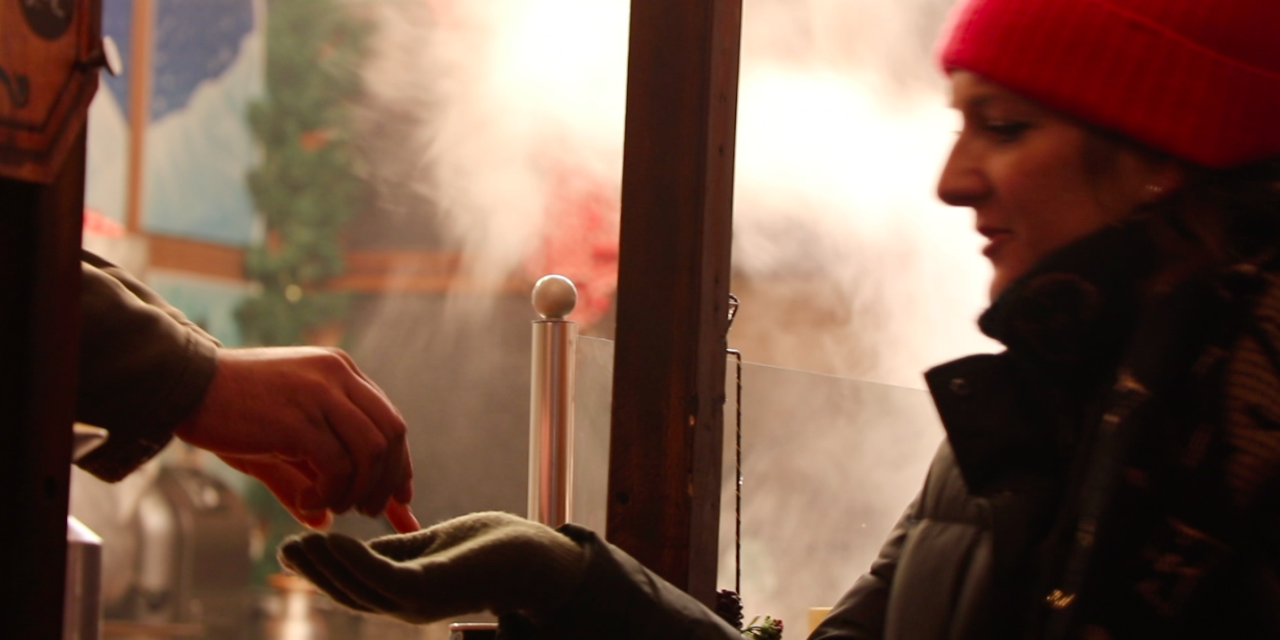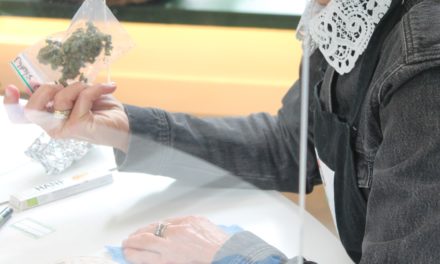As the air chills and daylight dwindles, Berlin’s small businesses work hard to keep operations running smoothly. However, with the rising of costs of simple necessities, such as heating and electricity, many small businesses are now left questioning whether operations will still be possible as soon as 2023. Meanwhile, outside the lights are shining, music blaring and the scent of gluhwein wafts through the air as Christmas Markets begin again.
Germany has long relied on natural gases from energy Russia. For decades, Russian resources have powered various industries. However, when Russia struck Ukraine at the beginning of 2022 and NATO intervened, Germany subsequently suffered. The country has been left battling to source sufficient resources to support an evergrowing country in a war and cold winter.
In response to the country’s energy crisis, the Government have implemented regulations for businesses across the country. In Berlin, retail stores are no longer allowed to keep their doors open during the day to reduce heating requirements. Additionally, nearly all illuminated advertising must be turned off after 10pm to preserve energy.
I spoke with Steffen Kawohl from the German lobbyist group Deutscher Mittelstands-Bund (DMB) about the crisis and its ongoing impact on small businesses. “We think that in the current situation, small and medium-sized enterprises need perspective or an outlook on how to handle the energy supply in the long run and how the energy prices could develop”, Kawohl stressed.
Whilst some initial relief support was provided to small business owners, lobbying groups have vocalised that this is merely not enough to sustain support. Kawohl emphasised that it is too late for the German government to try to create sustainable energy sources, such as wind and solar, for immediate use. “To build up a wind power plant, or wind park, it needs 10 years”, he explained. Kawohl suggested a short-term and consistent financial support program that assists small and medium-sized businesses through tax cuts, particularly energy tax cuts, to lessen the surmounting pressure of the energy crisis.
Kawohl emphasised, “until now, [the Government] just considered the needs and the wishes of industrial and big companies. So this is a huge problem”.
German research group, Foundation of Family Businesses, conducted a survey that nearly 14% of German family-owned businesses were organising layoffs, with an additional 13% having to stop production entirely. The research found that he is only expected to worsen as the festive season passes and winter exacerbates.
Whilst there have been some overarching energy regulations implemented for businesses across Berlin and the country at large, there have been some controversial exceptions.
In many cities across Germany, no sanctions have been placed on Christmas markets. In Berlin, most Christmas received no sanctions. One of the few Christmas markets that did receive sanctions was the popular Kurfürstendamm Christmas market. Famous for its extravagant light shows, the market’s lights were not funded by the Berlin mayor and Senate in 2022, leaving many locals fearing they would not come to fruition. However, despite sanctions and reduced Government funding, locals gathered together in support of the market to keep the lights shining throughout December.
This past Christmas season, I visited some of Berlin’s most popular Christmas markets, including Kurfürstendamm, to hear what the public had to say about the Christmas markets and their operation during the energy crisis.
I approached Showman Association Berlin for a comment. They are responsible for the coordination and operation of many key Christmas markets in the country’s capital. They declined to comment on the difference in treatment during the current crisis.




